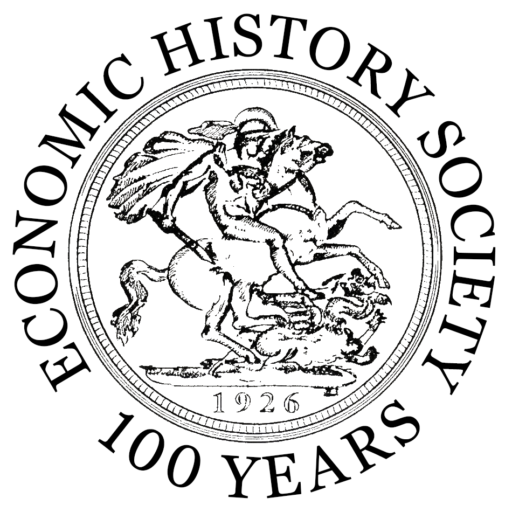The Centre for South-East European Economic History – Summer School in Quantitative Economic History
This post describes the inaugural summer school held by the Centre between 9 and 11 July 2025 at the University of Zagreb, which was supported by the Economic History Society.
—
The Centre for South-East European Economic History is dedicated to advancing research and education in economic history. Through rigorous scholarship, interdisciplinary collaboration, and engagement with a global network of researchers and institutions, we foster a deeper understanding of the region’s economic past. Our goal is to inspire and educate the next generation of scholars specialising in the economic history of the region.
From 9 to 11 July 2025, the Centre hosted its inaugural Summer School in Quantitative Economic History at the Faculty of Economics and Business, University of Zagreb. The event brought together 30 students and early-career researchers from 12 institutions across 10 European countries, reflecting the growing interest in the application of modern economic methods to historical questions.
The three-day programme featured a combination of lectures, workshops, and group discussions, led by the Centre’s founders and directors – Leonard Kukić (University of Vienna), Stefan Nikolić (Loughborough University), and Filip Novokmet (University of Zagreb) – along with keynote guest Professor Max Schulze from the London School of Economics and Political Science.
Participants explored a range of topics in economic history, including long-term economic growth, income and wealth inequality, and historical economic geography, with an emphasis on empirical approaches and quantitative analysis. Coffee and lunch breaks, along with a social programme, allowed participants to continue conversations beyond the classroom. The school also included a special session offering practical advice on graduate and postgraduate opportunities, including PhD and postdoctoral funding, and international mobility schemes. Max Schulze shared his insights on potential careers within and beyond academia for economic history graduates, drawing on his extensive experience supervising master’s and doctoral students in the field.
A highlight of the event was the opportunity for several doctoral students to present their research and receive constructive feedback from faculty and peers in a collegial and intellectually stimulating environment. Students from leading European graduate programmes, including CERGE-EI, MLU Halle-Wittenberg, and Paris School of Economics, delivered excellent presentations. In addition, they received advice on publication strategies and prospective job market applications.
“We were thrilled by the level of engagement and the diversity of perspectives participants brought,” said Filip Novokmet. “It’s exciting to see a new generation of researchers applying cutting-edge methods to historical questions of economic significance.”
The Centre plans to make the summer school an annual event, further strengthening its role as a hub for training and collaboration in quantitative economic history across South-East Europe and beyond.
The summer school was generously supported by the Economic History Society.

